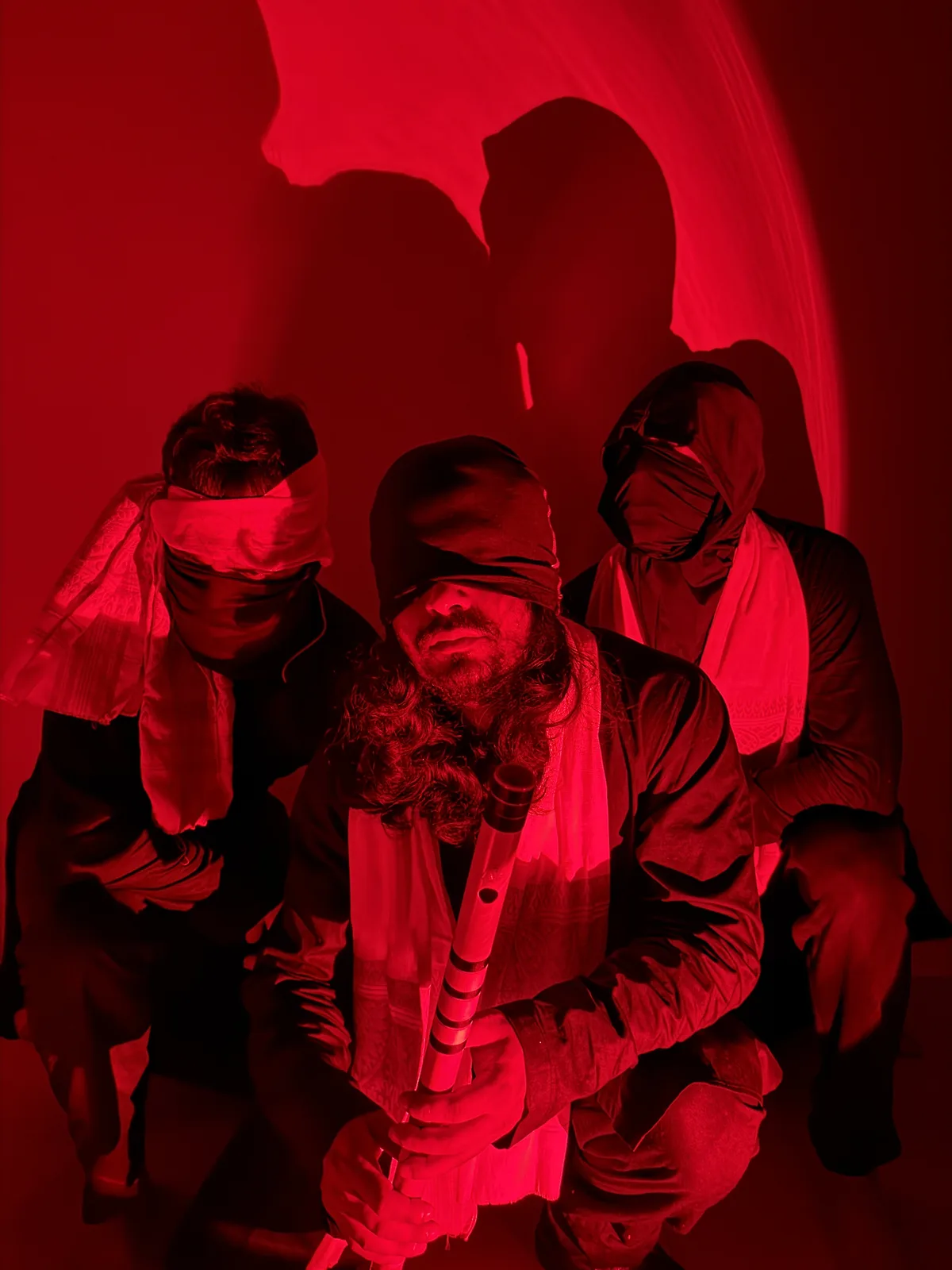In India’s growing independent music scene, it is often the loudest voices that rise quickest — the electronic producers with club-ready drops, the rock bands leaning on theatre, the crossover acts angling for global playlists. Pune-based singer-songwriter Kashmira Khot takes the opposite route on her debut EP Now Then, and the result is a record that thrives on subtlety, refusing easy categorisation.
At 25, Khot already carries an eclectic musical history. Born and raised in Mumbai, she was trained in Indian classical vocals, before drifting toward the gravitational pull of Western pop and rock. By 17 she was writing her own material, debuting with the single Break Through in 2021, followed by a handful of independent releases. Her career until now has been a careful accumulation of identity, sharpened by collaborations that span Hindi and Marathi music, YouTube covers, and English-language originals. Now Then feels like the point where loose threads begin to weave into a tapestry.
“Now Then is about the space between who you were and who you’re becoming,” she says. That tension between memory and renewal runs through the EP’s five songs, each shaped by a different stylistic impulse yet bound by lyrical continuity. The opener Words of Wisdom pulls from pop and hip hop textures, using rhythm as a pulse of absence, a meditation on guidance lost.
Personally, I think the strongest part of the EP comes first, when she shocks the listener a bit, by infusing a bit of classical in. It works brilliantly, it makes a possibly-forgettable track sound unforgettable, and jolts the listener awake, The segue into Only One retreats to acoustic-country sparseness.
The centrepiece, Disappear, edges into experimental jazz territory, haunted by its own melancholy. Fate returns to acoustic warmth, though its gentleness is tinged with heartbreak, the ache of giving everything and watching it vanish. The closing title track, Now Then, ties the journey together with a surge of healing energy, layering experimental and jazz colours into something that feels like resolution.
The musicianship is understated but assured. Iyengar’s production favours atmosphere over gloss, while contributions from guitarist Vinay Kaushal (Only One, Fate), Ajay Majethia (Now Then), bassist Niraj Pandit, and engineer Aditya Gopalkrishnan deepen the EP’s textural variety. The arrangements leave plenty of space for Khot’s voice, which is the binding force: clear, unhurried, and quietly insistent. She doesn’t inhabits her words, allowing silence and breath to do as much work as melody.
The EP’s cover art mirrors its interior mood: Khot in a white veil and black dress, caught in a moment of reflective stillness. It is soft yet striking, a portrait of vulnerability and endurance. Much like the music, it resists spectacle, inviting the listener instead to linger in its atmosphere.





























